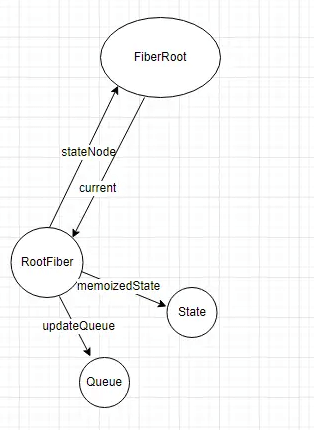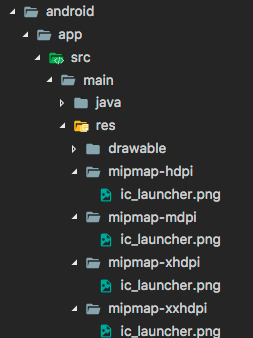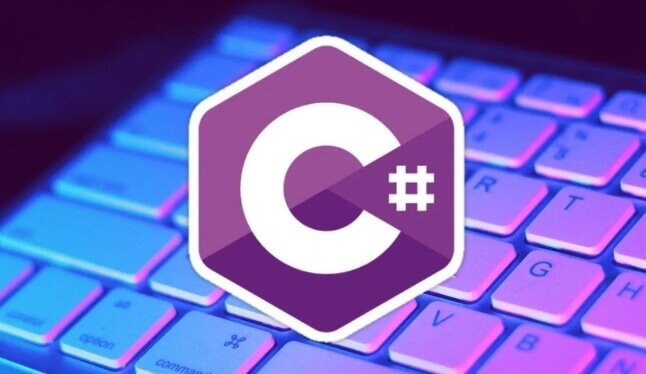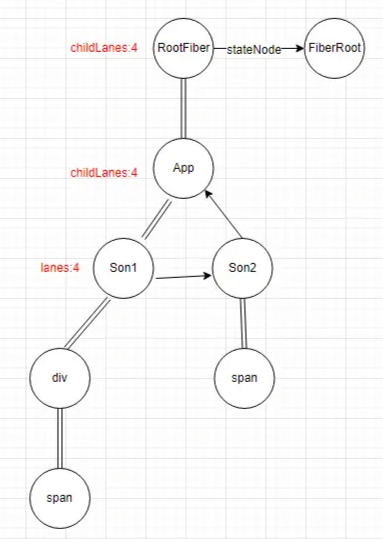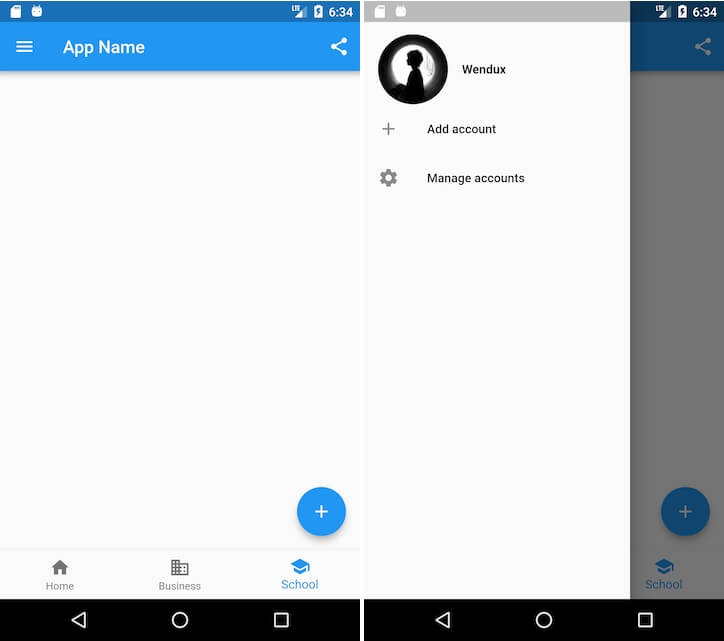[GoLang] Which Major Companies Are Using Go Language?
With the rapid development of computer science and software engineering, the choice of programming language has become increasingly critical.
In this diverse programming landscape, Go language (commonly referred to as Golang) has gained industry attention due to its simplicity, efficiency, and strong support for concurrency.
An increasing number of major tech companies are adopting Go as their preferred language for software development. This trend reflects Go's exceptional capabilities in building reliable, high-performance, and maintainable systems.
Which Major Companies Are Using Go?
Google is the birthplace of Go. The language was initiated by Google's engineers and has received full support from the company.
Google extensively uses Go to build its backend services and infrastructure, including well-known distributed storage systems like the Google File System (GFS) and Google Maps services.
Facebook also uses Go extensively in its backend services and toolchains. This choice is driven by Go’s robust support for concurrency, enabling Facebook to build more efficient and responsive systems.
Amazon
As one of the largest e-commerce and cloud computing companies in the world, Amazon widely employs Go in its cloud services, Amazon Web Services (AWS). Go’s high performance and built-in concurrency mechanisms allow Amazon to develop highly scalable cloud services.
Microsoft
Microsoft leverages Go primarily in its Azure cloud services and various backend systems. Go’s lightweight design and high concurrency capabilities help Microsoft manage large-scale cloud infrastructures more efficiently.
Apple
Apple also integrates Go into some of its services. Go’s readability and simplicity make it easier for developers to understand and maintain the code—an essential factor for a company like Apple, which prioritizes product quality and user experience.
Baidu
Baidu widely uses Go across its services.
At the 5th Gopher China Conference in 2019, Baidu’s senior development engineer, Chen Xiaonan, gave a talk titled "Go Language Practices in Baidu APP", detailing Go's application in the Baidu app.
Additionally, Go’s efficient concurrency model and excellent network programming capabilities make it particularly suitable for developing network services and distributed systems. These features align with Baidu's technology preferences, such as in its Baidu Intelligent Cloud offerings.
Tencent
Tencent uses Go in some backend services and distributed systems, leveraging Go’s strengths in concurrency processing, performance optimization, and building efficient services.
Go’s lightweight design, garbage collection mechanism, and native support for concurrency make it an ideal choice for handling Tencent's scale of business and services.
Specifically, Tencent employs Go in areas such as cloud services, instant messaging, and game backend development.
Xiaomi
Xiaomi extensively uses Go in multiple fields. At the 5th Gopher China Conference in 2019, Xiaomi’s senior development engineer, Xu Cheng, shared details about their open-source database middleware, Gaea, including its overall architecture, internal modules, and practical applications.
By 2021, Xiaomi’s e-commerce and service systems in the China region underwent large-scale adjustments, supported by a Go-based microservice framework called Koala, which was developed in-house. This system underpins thousands of microservice applications.
JD.com (Jingdong)
JD.com employs Go in its cloud messaging systems, cloud storage, and various aspects of its online shopping platform, such as the product listing pages.
Conclusion
Go language, with its unique design philosophy and high efficiency, has gradually become prominent in the industry, earning its place as one of the preferred programming languages for many leading companies.
Its simplicity, efficiency, and robust concurrency handling make Go an outstanding choice for building large-scale distributed systems.
This trend indicates that Go will continue to play a pivotal role in software development, providing stronger and more reliable technical support for enterprises in the future.
